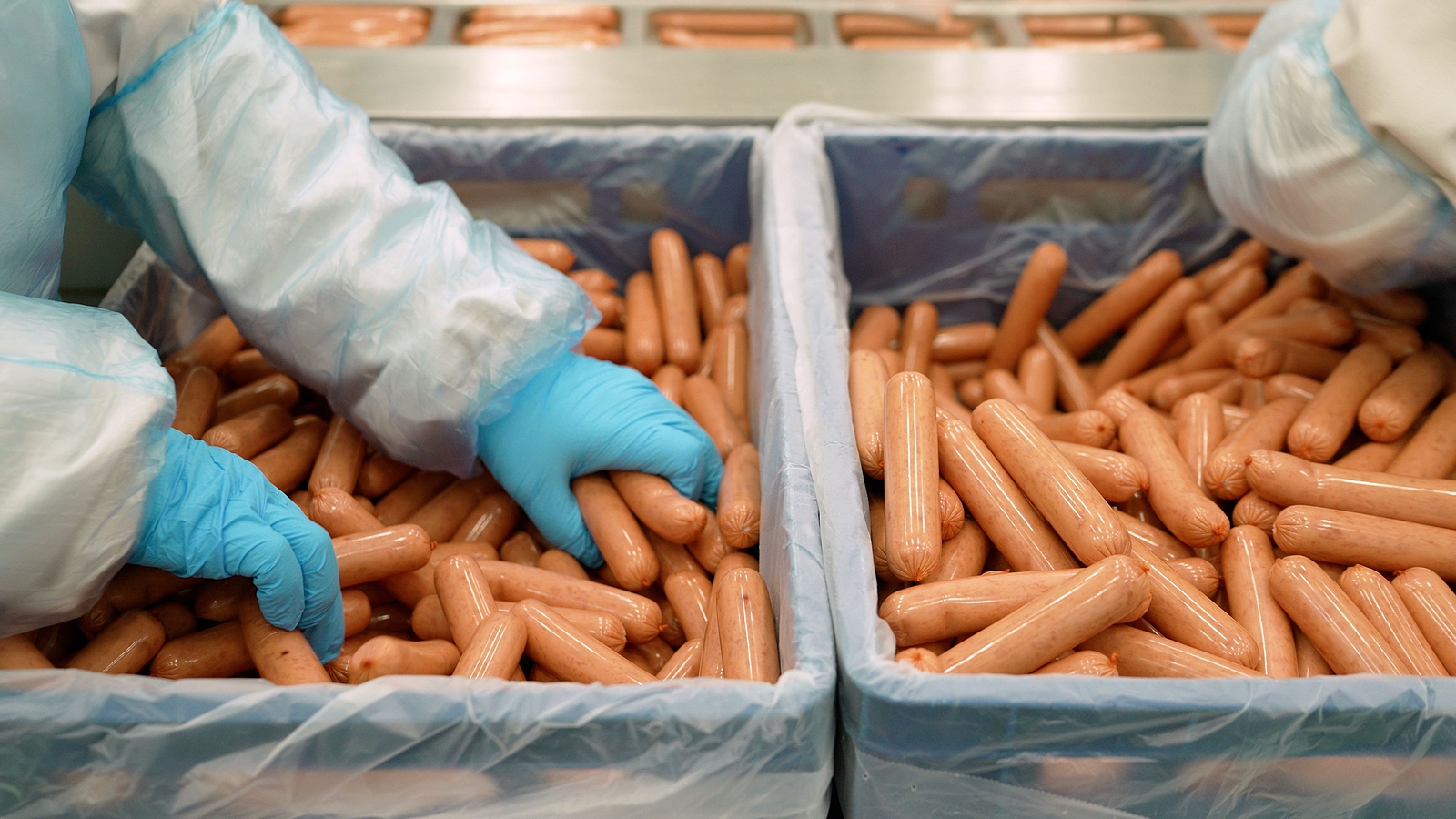Though there are many factors that can cause depression, a recent study has shown there is a link between eating a diet of ultra-processed food and the mental health condition.
There has been speculation that a poor diet can impact our mental, as well as physical, state for some time, but with little evidence to back it up.
However, research published in the JAMA Network Open recently showed how packaged foods, which include ingredients that do not exist in home cooking, such as high fructose corn syrup, has a causal link with depression.
The study featured 32,000 middle-aged women between 2003 and 2017 who had to answer questions every four years during this time.
The findings revealed those who ate at least nine servings of ultra-processed food a day were 50 per cent more likely to develop depression in comparison with those participants who ate four or fewer helpings a day.
In particular, there was a connection between artificial sweeteners and depression. In fact, the women who were in the top fifth of ultra-processed consumers had between a 26 per cent and 37 per cent greater risk of depression than those at the other end of the spectrum.
Commenting on the findings, professor at Harvard Medical School Andrew Chan said while it is difficult to isolate diet as the sole causal link for depression, it should be regarded as “important as other common factors we consider to influence mental health”.
Therefore, he suggested that those who struggle with their mental health “may wish to limit their intake of ultra-processed foods wherever possible”.
Even though the research is groundbreaking, it is still lacking, as it does not explain why ultra-processed foods increase the chance of developing depression.
Furthermore, it predominantly involved white women in their forties and fifties, not accounting for a causal link in more diverse communities.
Professor Chan also appreciated that without further investigation it was difficult to tell whether those who ate a poor diet were more likely to develop depression or if those who were depressed tended to eat more ultra-processed food.
He added it is a “classic chicken vs the egg problem”.
It could also be that those with a lower income have a lot of challenges to contend with that could make them depressed, and at the same time, are unable to afford a diet rich in fresh fruit and vegetables.
Eating well is known to make people feel physically and mentally better though, with mental health charity Mind recommending swapping crisps, white bread, pasta and rice for wholegrain bread and cereal, nuts and seeds, brown pasta and rice to keep blood sugar levels steady.
Eating enough protein is also good to boost your mood, as it stimulates the brain to produce neurotransmitters that help regulate emotions. Therefore, it is recommended to eat nuts, seeds, milk, fish, eggs, cheese, lean meat and soya products.
Healthy fats containing omega-3 and omega-6, such as avocados and oily fish, are also good for the brain, while fruits, veg, wholegrains and pulses help with gut health.
As digestive problems, including bloating and constipation, can make people feel depressed, it is worth looking after your gut by eating well.

